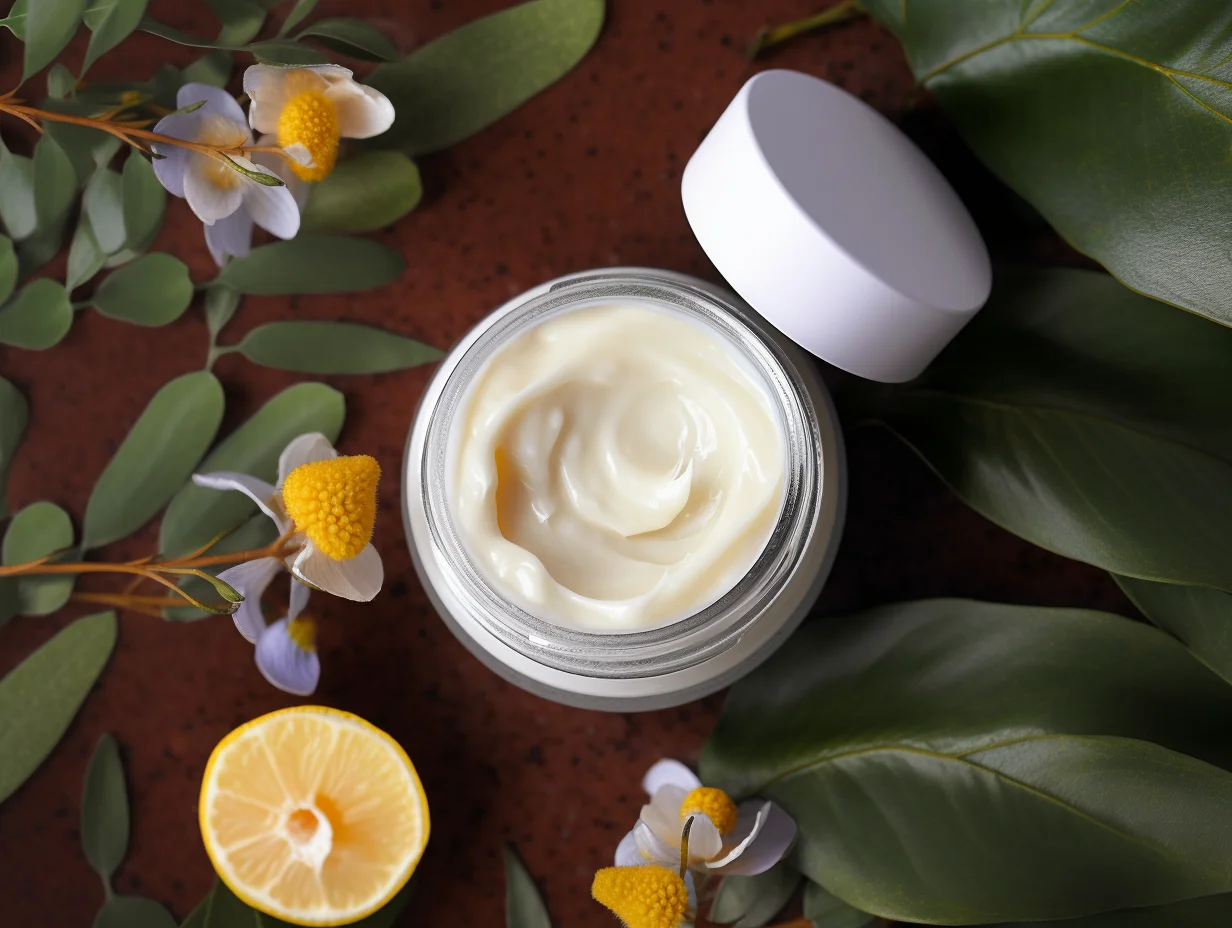When it comes to skincare, many people are becoming increasingly conscious of the ingredients in the products they use. Organic skincare has become a popular option for those who want to avoid potentially harmful chemicals and toxins in their skincare routine. But what exactly is organic skincare, and how is it different from other types of skincare products? In this article, we’ll explore the world of organic skincare and dive into what makes it unique.
What is organic skincare?
Organic skincare refers to products made from natural ingredients that have been grown without the use of synthetic pesticides or fertilizers. For a skincare product to be considered organic, it must be made with at least 95% organic ingredients. These ingredients are often derived from plants, such as aloe vera, chamomile, and lavender, as well as oils, like coconut, jojoba, and argan oil.
Organic skincare products also exclude ingredients that are known to be potentially harmful, such as parabens, phthalates, and sulfates. Overall, the goal of organic skincare is to provide a more natural and gentle approach to skincare that promotes overall health and wellness.
Are Organic Skincare Products Better Than Regular Skincare Products?
While organic skincare products may not necessarily be “better” than traditional skincare products, they do have some potential benefits that are worth considering. For example, organic skincare products tend to contain fewer potentially harmful ingredients, such as synthetic fragrances, preservatives, and colorants, which could irritate or damage the skin over time. Organic ingredients are also typically grown without the use of pesticides, which can be harmful to both the environment and human health.
In addition, organic skincare products may offer certain therapeutic benefits due to the natural properties of the ingredients used. For instance, many organic skincare products contain plant-based ingredients that are known for their soothing, hydrating, and nourishing properties, such as aloe vera, chamomile, and calendula. These ingredients can help to reduce inflammation, soothe irritation, and promote a healthy, radiant complexion.
However, it’s important to note that not all natural ingredients are safe or effective for use in skincare products. Some natural ingredients, such as certain essential oils, can be irritating or even toxic if used in high concentrations or in the wrong way. Therefore, it’s important to choose organic skincare products from reputable brands that use high-quality, safe, and effective ingredients.
Ultimately, the choice between using organic skincare products versus traditional skincare products is a personal one. While organic skincare products may offer some potential benefits, they may not be the right choice for everyone. It’s important to consider factors such as skin type, concerns, and personal preferences when choosing skincare products, and to always do your research and choose products from reputable brands.
The Benefits & Drawbacks of Organic Skincare
Using organic skincare products can have both pros and cons, and it’s important to weigh these factors when considering whether or not to incorporate them into your skincare routine. Here are some of the key pros and cons of using organic skincare products:
Pros
- Fewer potentially harmful ingredients: Organic skincare products typically contain fewer potentially harmful ingredients, such as synthetic fragrances, preservatives, and colorants, which could irritate or damage the skin over time.
- Natural and gentle: Organic skincare products are often marketed as being gentler and more natural than traditional skincare products, which can be appealing to those who are looking to reduce their exposure to synthetic ingredients.
- Potential therapeutic benefits: Many organic skincare products contain plant-based ingredients that are known for their soothing, hydrating, and nourishing properties, which can help to reduce inflammation, soothe irritation, and promote a healthy, radiant complexion.
- Environmentally friendly: Organic skincare products are often produced using sustainable and eco-friendly practices, which can be appealing to those who are concerned about the environmental impact of their skincare routine.
Cons
- Higher cost: Organic skincare products can often be more expensive than traditional skincare products due to the higher cost of producing and sourcing organic ingredients.
- Potentially not as effective: Organic ingredients may be less potent or concentrated than non-organic ingredients, which can result in less noticeable results or slower progress toward achieving specific skincare goals.
- Limited availability: Organic skincare products may not be as widely available as traditional skincare products, which can make it harder to find products that work for your specific skin type and concerns.
- Shorter shelf life: Organic skincare products may have a shorter shelf life than traditional skincare products due to the absence of synthetic preservatives, which can limit their effectiveness over time.
- Potential for allergic reactions: While organic skincare products may contain fewer potentially harmful ingredients, some people may have allergies or sensitivities to certain natural ingredients, which could cause adverse reactions.
Going Organic Is A Personal Choice
Ultimately, whether or not to use organic skincare products is a personal choice that depends on individual preferences, concerns, and values. While organic skincare products may offer some potential benefits, they may not be the right choice for everyone. Some people may prioritize the effectiveness and convenience of traditional skincare products, while others may prioritize the natural and eco-friendly qualities of organic skincare products.
Regardless of which option you choose, it’s important to choose products that are safe, effective, and appropriate for your individual skin type and concerns.
Conclusion
Organic skincare products offer a natural and gentle approach to skincare that many people find appealing. While there are potential benefits to using organic skincare products, such as fewer potentially harmful ingredients and eco-friendly production methods, there are also some potential drawbacks, including higher cost and limited availability.
Ultimately, the decision to use organic skincare products versus traditional skincare products is a personal one that should take into account individual preferences, concerns, and values. By choosing safe, effective, and appropriate skincare products, you can promote healthy and radiant skin for years to come.

